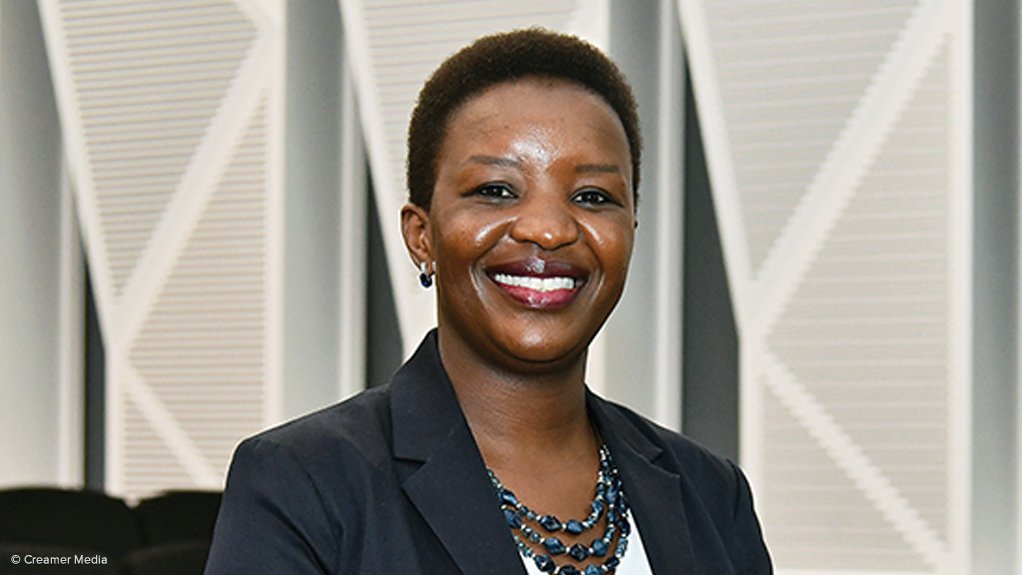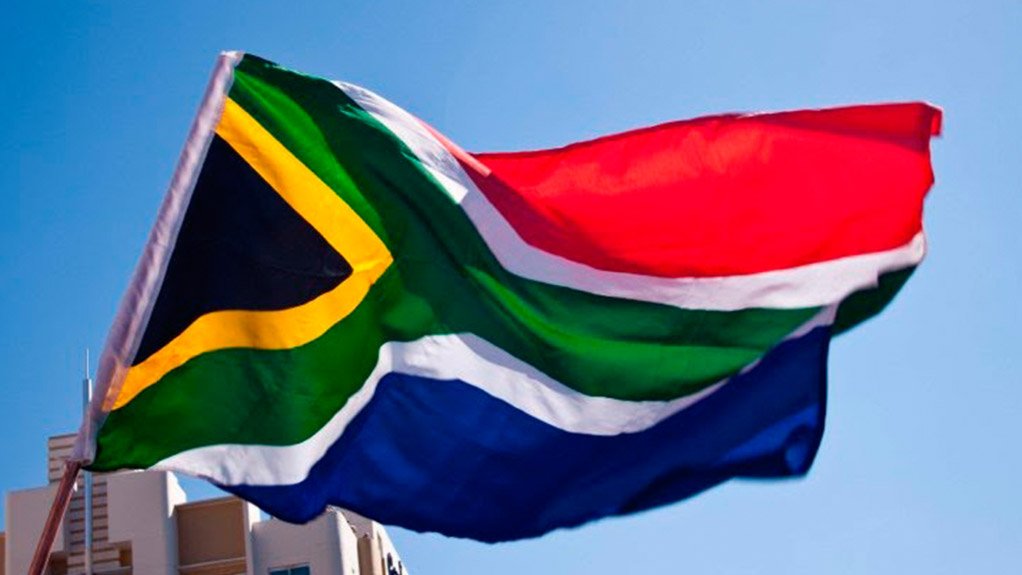Business Leadership South Africa (BLSA) CEO Busi Mavuso says last week was a serious test of South Africa’s constitutional democracy, but she believes the country managed to pass the test and proved how strong it really is.
She explained in the organisation’s latest newsletter that the violent outbreaks and mass looting in recent weeks were a devastating setback in the fight against the Covid-19 pandemic and the economic recovery process.
But the tide turned with President Cyril Ramaphosa’s speech on July 16, which was the right message to convey to the public.
“The State had been focused on mobilising the full capacity of its security apparatus to put an end to the mayhem. We needed to stop the violence, restore the rule of law and then rebuild, in which organised business has been playing its part.”
Mavuso pointed out that business leaders had met with government delegations, including the Ministers of Public Enterprises; Trade, Industry and Competition; Agriculture, Land Reform and Rural Development; Small Business Development; Justice and Correctional Services; and Tourism.
While government was giving an update on the steps being taken to address the crisis, the business leaders highlighted the issues faced in getting the economy going again.
Business had been helping to identify areas of priority – key logistics that needed to be reopened to ensure supply chains were able to start moving food, medicines and fuel again. In the wake of the meeting, the N3 highway was cleared, which was a critical artery of the economy. The process was well under way to ensure ports and rail were also reopened.
CASE IN POINT
Business had also been actively supporting government in regaining control of the security situation. The business collaboration with the criminal justice system in the form of BLSA’s Business Against Crime South Africa (Bacsa) helped provide information on what was happening throughout last week.
The Eyes and Ears initiative of Basa coordinated information sharing between the police and private security industry through the South Africa Police Service’s Provincial Operational Command Centres.
This included analysis of automatic numberplate recognition cameras, surveillance television networks and social media to provide verified information to the police.
Bacsa was coordinating efforts across organised business to track emerging threats to critical infrastructure and identifying hotspots to provide intelligence.
GOING FORWARD
Mavuso said the fallout from the destruction must now be dealt with.
Business Unity South Africa has already called for the creation of an emergency fund to support those businesses that would otherwise be unable to reopen.
While there is enormous pressure on government finances, it would serve those finances best to ensure that good tax-paying businesses are not shut indefinitely, Mavuso said.
There has been some breathing room created through commodity windfalls that provide the upfront cash for government to back businesses that will yield a return in years to come. “Business can partner with government to maximise the impact of their collective resources.
“We also need to rebuild the public infrastructure that has been destroyed. This will have to become part of the wider public infrastructure investment drive that is already under way. The private sector remains a willing partner in this wider effort,” she stated.
Rebuilding needed to be assisted by wider reforms in the economy. Mavuso said the country had made historic steps in regulatory reforms, but these must be bedded down and further steps taken.
EMAIL THIS ARTICLE SAVE THIS ARTICLE ARTICLE ENQUIRY
To subscribe email subscriptions@creamermedia.co.za or click here
To advertise email advertising@creamermedia.co.za or click here













